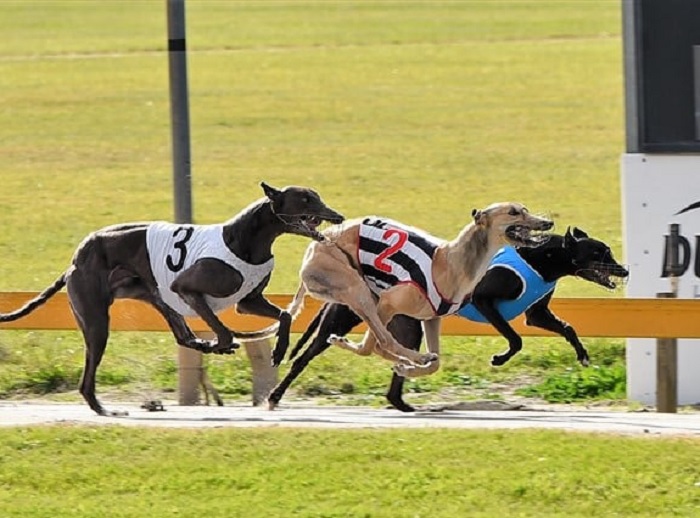GRNZ CEO Glenda Hughes provides industry insights on SENZ

Following recent reports on Newshub around the New Zealand greyhound racing industry, Greyhound Racing New Zealand CEO Glenda Hughes appeared on SENZ this morning with Ian Smith.
At the outset of the interview, Hughes was quick to clarify that her decision to end her contract with GRNZ at the end of 2022 is entirely unrelated to the recent media coverage.
“The first thing that I would like to make extremely clear is that conflating my resignation with this particular incident is absolutely wrong,” she told Smith.
“I originally took this job on for six months. Then, as a result of Covid and the requirements of the Government for the review, I offered to stay on during that time to assist them through the review and to deal with Covid. I told them last year that I would be finishing at the end of this year.”
Smith went on to question Hughes around leading South Island trainer John McInerney, and Hughes explained that she was limited in what she could say due to ongoing investigations.
“What I would like to point out is that there are vets at the track that actually do check these dogs before they race. We’ve had vets on the track for over 30 years and they examine every dog prior to racing.”
She went on to say that kennel audits are conducted by the Racing Integrity Board and that until recently, they were not as regular or robust as they currently are.
“The 317 improvement notices for 51 kennels include things like there wasn’t a sign with what to do in a fire on the door, there were smoke alarms missing. A lot of them were that general, tick-the-box, warrant of fitness kind of thing.
“We have not, in all of these audits, had anybody be reported to us that had a dog that needed any form of veterinary intervention.
“Teeth are quite a problem in greyhounds and we had some where it was advised that the teeth get looked at properly or harder bones get used because that improves the teeth substantially. And vets went to every one of those audits.”
Hughes added, “I’m not trying to underplay that there are some things that need sorting. But I do think that currently, it’s really important to realise that not any of our dogs in any of those audits have required any urgent welfare assistance.”
Hughes stated that the toughest part of her role was moving perception to reality.
“The issue is that there will always be animal activists that actually don’t want dogs racing, they don’t want horses racing. Dogs are the easiest target.
“We are the most regulated animal in New Zealand – the greyhounds.”
GRNZ has made significant improvements in the animal welfare space in recent years.
In early 2021, the “Rehabilitation to Rehoming Programme” commenced, an initiative which is fully funded by GRNZ. Greyhounds who are injured at the racetrack are treated and rehabilitated back to full health before being rehomed. Historically, some of these greyhounds may have otherwise been euthanised.
Since 1 March 2022, all greyhounds have been required to be fully vaccinated in order to race in New Zealand. GRNZ also provided subsidies to trainers to assist with the associated cost of compliance in this area. Registered racing greyhounds are the only dog breed required to be vaccinated in New Zealand.
GRNZ has also recently commenced a preferred box draw pilot, where greyhounds are allocated to the boxes that best suit them. This pilot commenced at Addington on ANZAC Day, and the intent of preferred box draw races is to reduce racing incidents and therefore injuries. Early indications are that these races have been having the desired effect.
GRNZ will continue to strive to make improvements in this area, and any welfare concerns can be emailed to [email protected].
By Liz Whelan


